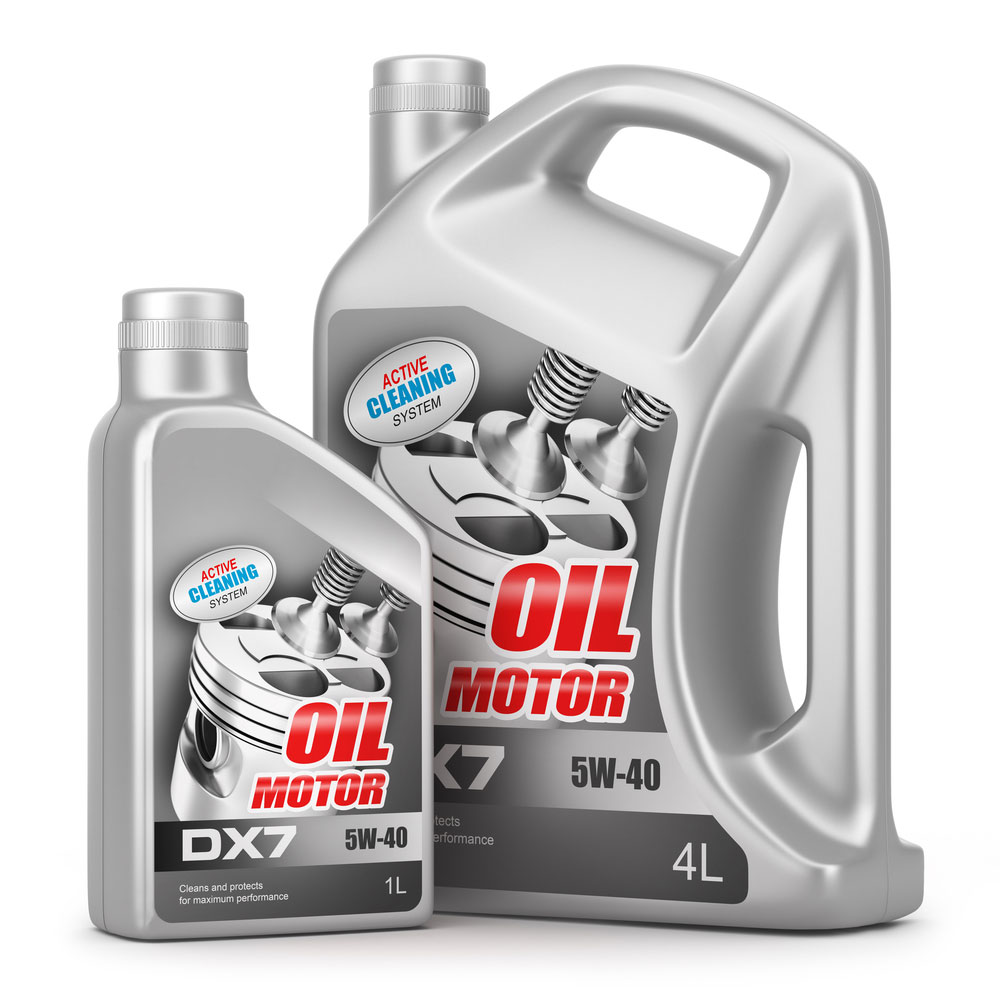Tire alignment is an important factor in the maintenance of your car or truck, and it’s not that hard to knock your vehicle out of alignment with potholes, curbs, or regular wear and tear. In today’s blog, Crossroads Ford Lincoln explains everything you need to know about tire alignment and why it’s important.
What Is Tire Alignment?
Tire alignment refers to the adjustment of your vehicle’s suspension rather than the actual wheels or tires. A tire alignment adjusts the angles of a vehicle’s wheels on its suspension and should be part of regular car maintenance to make sure your vehicle rides straight and to reduce tire wear.
Why Is It Important?
Tire alignment greatly affects the performance of your vehicle in the following ways:
Tire Life
If your vehicle’s suspension is out of alignment, it can cause uneven wear and tear on your tires that can greatly shorten their lifespan. Regular tire alignment service will help save you money by helping your tires last longer.
Safety and Comfort
Uneven alignment can cause your vehicle to pull to the left or right while you are driving, making handling and control difficult. An aligned suspension will not only make it safer to drive, but it also makes driving easier and more comfortable if you don’t have to overcompensate or constantly correct the pulling.
How To Determine if You Need Tire Alignment
These are the most common signs that your vehicle needs an alignment:
- Your vehicle pulls to one side.
- Your vehicle shakes side to side after you hit a bump.
- Your steering wheel does not line up.
- Your front tires show uneven wear and tear.
If you are experiencing any of these signs, take your vehicle to a certified technician who can properly align your vehicle’s suspension according to the manufacturer’s specifications.
Tire Alignment at Crossroads Ford Lincoln
If you think your vehicle needs a tire alignment or it’s time for regular maintenance, bring it to Crossroads Ford Lincoln. Our world-class service department is certified to give your vehicle an exact alignment that will keep it running as smooth as possible. Call us at (502) 695-1990 or Contact Us online today to schedule an appointment.





